Memoirs of a Superfan, Vol. 8.5: I Remember Midnight
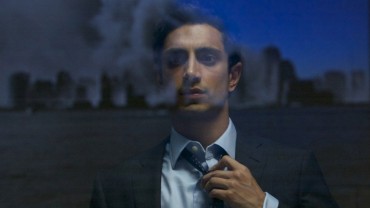
Changez witnessing the attack on the twin towers.
Even before Erika Menendez allegedly pushed Sunando Sen to his death in the New York Subway in December, 2012, I have avoided the platform edge. I’ve been aware of the aggression of a segment of America, meting out hateful “retaliation” for 9-11. Brown skin might as well have been tattooed with the target symbol, targeted by fearful-angry-judgmental eyes in airports, city streets, and everywhere we lived, worked, prayed and played. I feel it when I leave the city, out to the whiter suburbs. Will someone harass me? Call me a name? Will a cop stop me?
It has happened, with fatal consequences. Balbir Singh Sodhi, the victims of the Sikh temple massacre and many others were murdered or beaten because of their looks. We can survive our own emotion of fear, however palpable. But others have not survived fists and bullets. Quite frankly, despite all its charms and generosities, wealth and power, America is not the kindest nation in the world, to say the least, the safest, or the most compassionate. I value the people I’ve met, over the years, value all the nurturance, sincerity, knowledge and wisdom that America has offered; I do my best to contribute to our society and culture. But since 9-11, I’ve felt my roots are shallow here; they could be revoked on little notice. It is a fear, perhaps ungrounded – but America has not been gentle with us. I understand that 9-11 induced terrible fears and rage, but my understanding of the origins of those emotions does not dispel their deadly consequences or take away the mistrust that still hangs between us. And a world away, wars continue. The history of violence is unended. I don’t trust or like belligerence and self-centeredness, yet sometimes we come face to face with brutality and aggressions, micro- and macro-, dismissiveness, derision and division. I’ve felt I’ve had to – internally – fight to even justify my citizenship and presence on American soil. Somehow, I keep feeling like I have toprove myself, like there’s something still in question about me, by some unknown other. (Maybe if enough people friend me on Facebook, or sign up for my newsletter – see below – I’ll be safe. I kid. I think.)
The psyche has many rooms; I haven’t been able to fully remodel the ones built on fear. But fear is survivable, though it takes up space. I can work on my reactions to fear, and try to generate remedies, inspired by people like Zahra Billoo (of the California branch of the Council on American-Islamic Relations, speaking at an incredible sounding panel this weekend, The Muslim Protagonist, the folks at SALDEF (the Sikh American Legal Defense Fund) and others. I remind myself we’re all vulnerable here. We all have soft skin, despite our potentially fiery minds. A tender heart is part of the cure, but will we allow ours to beat, beat for one another and for ourselves?
(See our CAAMFest panel: American Narrative: The Muslim Protagonist. Union Bank Community Room, March 23, 2013 4:00 pm.)
Mira Nair’s THE RELUCTANT FUNDAMENTALIST is a deeply moving and jarringly provocative film, a document of the early 21stcentury and plea for a middle path between opposing aversions and hostilities. Changez (Riz Ahmed) “changes” – from a path of immigrant assimilation and emulation of American “success” as a financial analyst living a Wall Street American dream – to a path that is at once more independent and more entwined with the fate of Pakistan; it is a path with no clear rewards but possibly a kind internal integrity. The film is his story of enchantment – with skyscrapers, and a beautiful artist girlfriend (Erica, played by Kate Hudson) – and then betrayal, by unconsciousness, insensitivity and aggression. Returning to Pakistan, he has to contend with aggressive forces within Pakistani consciousness as well. There are several deeply affecting turning points in the story, sure to provoke the viewer’s sensitivities and sympathies. And of course, the story has no real ending point. The film evokes death and regret; redemption must happen in our world, if at all. Yet our “Peace Prize winning President sends missiles and drones/potent proof of roses and thorns” (from a poem of mine), and continuing conflicts keep the thorns piled high. The occasional rose is not enough. We desperately need films like this, to hold space for reflection and restraint, a stilling space to keep us from yet another breach. I can’t bring myself yet to watch Zero Dark 30, or even Django Unchained. I know what human beings are capable of, in their deadly hours; I’d like to see more examples of alternatives, both in the world and on film. Because – we are capable of alternatives, too, alternatives free of greed, hatred, war and delusion. But frankly, even I “short circuited” a bit during this film; the betrayals by both government and girlfriends who misunderstand, misappropriate and marginalize were too almost too hard to watch, too close to realities I’ve lived through and had told to me. But I think it’s a good short-circuiting. It reminds me this place is raw, and needs care.
The movie is based on Mohsin Hamid’s acclaimed novel, and it seems Hamid himself has charted a similar path of enchantment with Wall Street dreams and then independence and reinvention; he went to Princeton and Harvard, became a management consultant in London, and is now a novelist, chronicling and perhaps altering the mindscape on which the world-dream arises. I heard him interviewed on Fresh Air last week. He said traveling with his new book, How to Get Filthy Rich in Rising Asia, was tremendously easier at Airport checkpoints than traveling with his first novel.
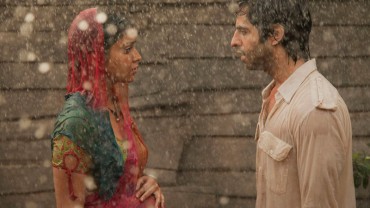
Scene from Midnight’s Children
Salman Rushdie seems to be traveling with more ease these days as well, thankfully, and if I read his film adaptation of his groundbreaking novel MIDNIGHT’S CHILDREN correctly, he seems focused on generating a more hopeful, positive legacy than his controversial novel SATANIC VERSES would allow in the 1980’s. I read both in college, and they left me in awe of his talent and moved by the power and possibility of writing, as well as the dangers of a public life. The film takes us from the days of British rule in India to Independence, Indo-Pakistani war, Bangladeshi Independence, Indira Gandhi’s “Emergency”, finally ending up in the late 1970s. It’s a heck of a slice of history, told through the eyes of a man born at the exact time of Independence, Midnight on August 15th, 1947. The children born during that first hour have magical abilities, and the closer they were born to midnight, the greater their power. Protagonist and rival (Salim Sinai and the aptly named Shiva) have capacities to either bring together or tear apart – the tensions of the new country alive in them. Life sparks from one hand, and death from the other – the heart ignites between them. Those tensions are alive today as well. Rushdie and director Deepa Mehta have created a space, again a middle space, that is hopeful, filled with potential, hinting at a possibility not yet realized. (Perhaps that possibility is what led Rushdie to tears when he first saw the finished film.) Whether it is taken as blithe tonic, or the mature hope of wise dreamers – is in the eyes of the beholder. But I’m all for mature hopes and wise dreams, at home and abroad.
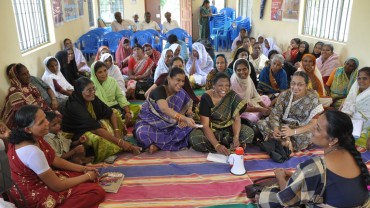
Muslim women of Tamil Nadu meeting to discuss action against abuse.
Part of the real life mature dream is portrayed in Deepa Dhanraj’s INVOKING JUSTICE, playing twice more this week. Here, we see Muslim women in Tamil Nadu banding together to fight abuses perpetuated by Sharia law enforced by all-male Jamaat’s (councils). Overcoming a corrupt “justice” system is necessary not only in the tribal councils, but in greater Indian society as well. Just weeks after I returned from India, the whole world was shocked by the brutal rape and murder of a woman in Delhi. Rape and sexual violence happen all too regularly in India (see Sandip Roy’s article on the topic here: http://www.huffingtonpost.com/sandip-roy/eat-pray-rape-the-swiss-t_b_2901746.html), and this incident has left deep scars and exposed glaring problems at all levels of Indian society. And here in the U.S., we are struggling with appalling sexual violence which is even bragged about on social networking sites. INVOKING JUSTICE was a powerful example of one possible solution in empowerment, dialogue and community.
(Invoking Justice. Pacific Film Archive Theater, March 22nd, 2013 7:00 pm. New People Cinema, March 23rd, 2013 7:15 pm. Ticketing information at http://caamfest.com/2013/films/invoking-justice/)
As enjoyable as CAAMFest is and will continue to be, it is, in the end, only an invocation and an S.O.S. It’s up to us to change The Big Picture, or at least play our parts as best we can. At least there’s “Food, Music and Fun” along the way – and lots of it on Thursday, with DOSA HUNT at the Asian Art Museum, the last big South Asian American high-point of the fest. Interestingly, “dosa” is not only the name of my favorite South Asian dish, but also means “anger” in Pali. Yup, says it all. Fire in the belly, y’all! Or as Phil Yu says, “stay angry, CAAMFest!” And well-fed.
Stay Dosa, CAAMFest!
I’ll see you there!
Ravi Chandra, M.D. is a psychiatrist and writer in San Francisco. You can find more of his writing and performance atwww.RaviChandraMD.com, where he invites you to sign up for an occasional newsletter, for the reasons mentioned above. His Pacific Heart blog is at Psychology Today, http://www.psychologytoday.com/blog/the-pacific-heart.

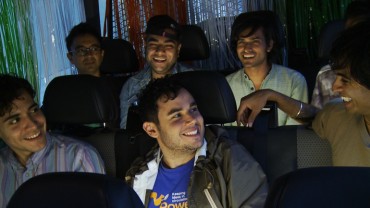







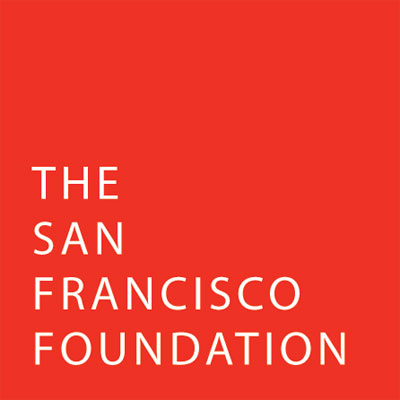


















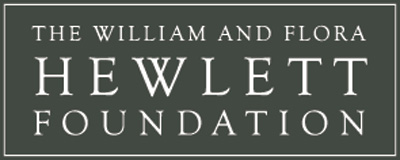


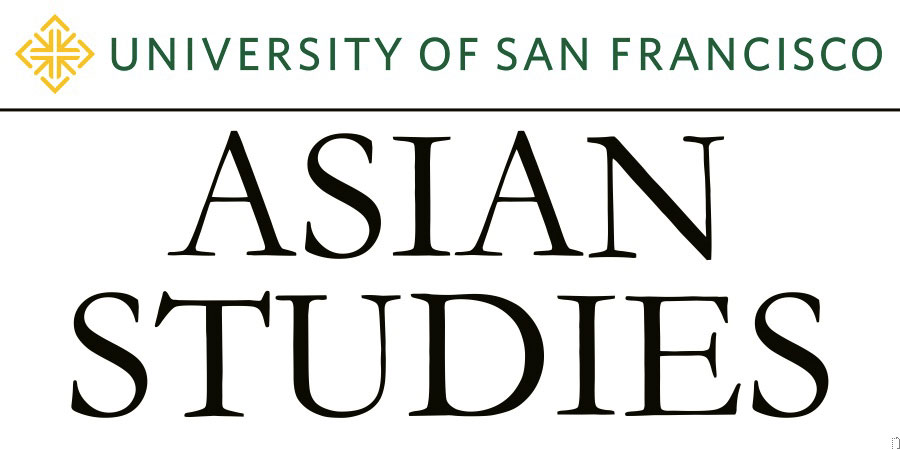
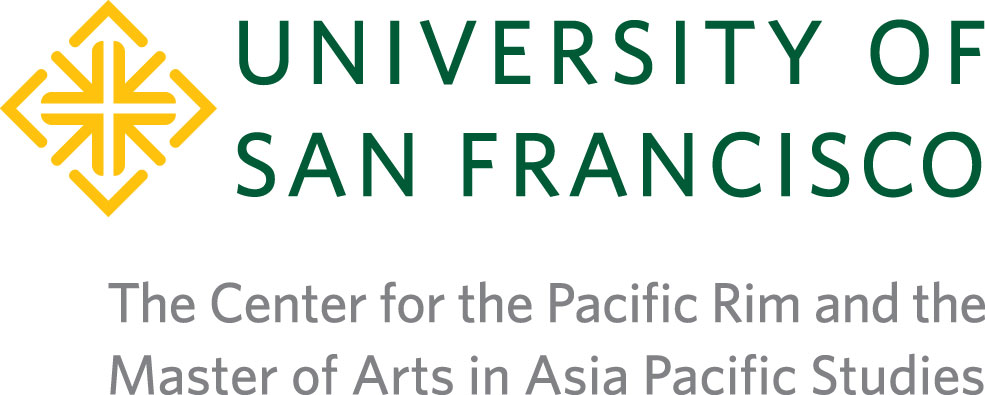




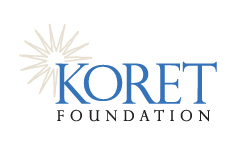















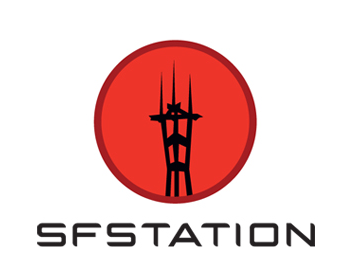

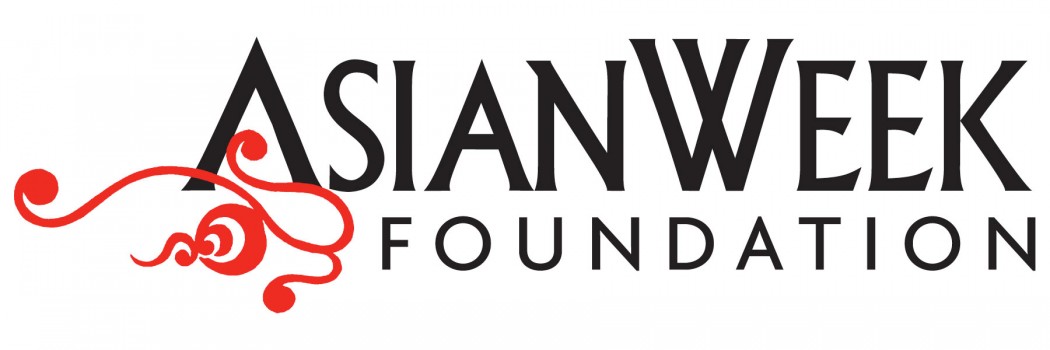






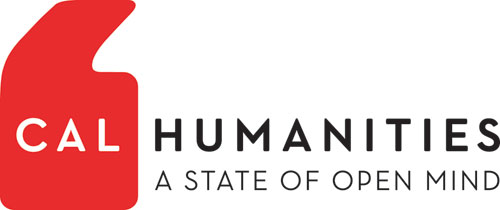





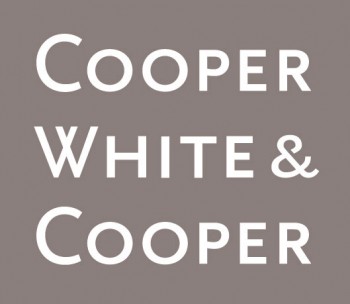


























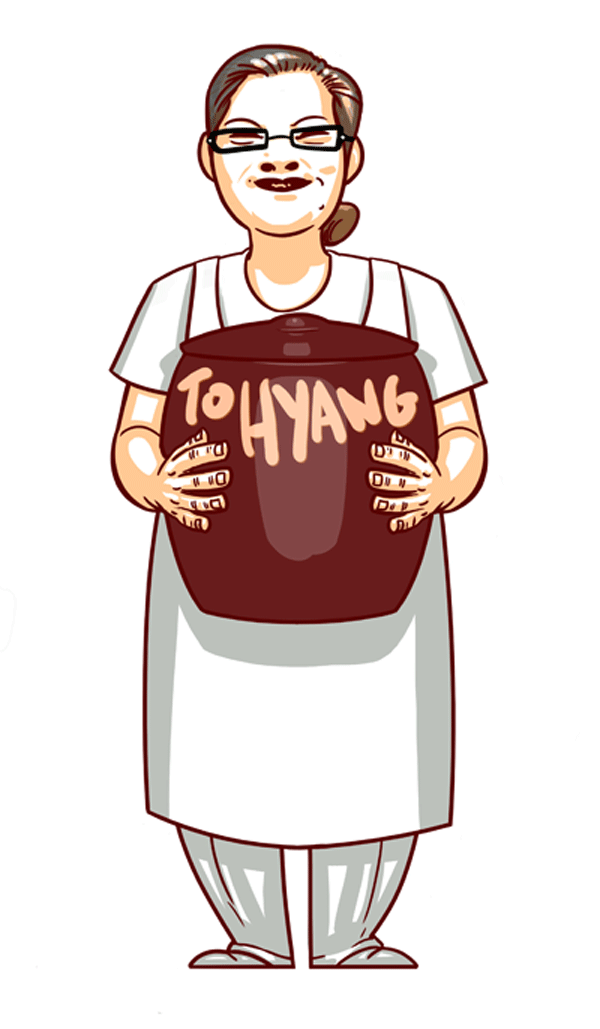





















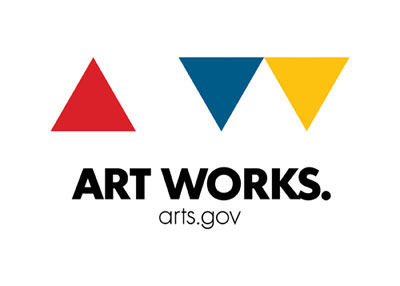















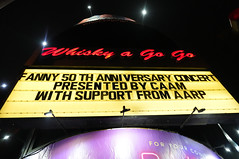
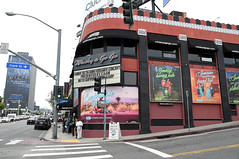

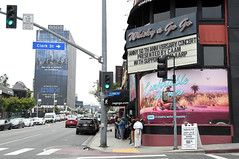
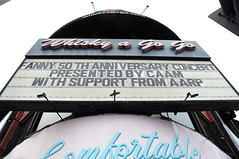

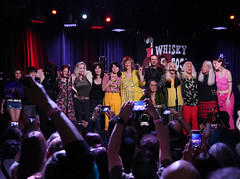
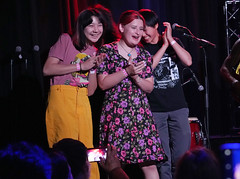
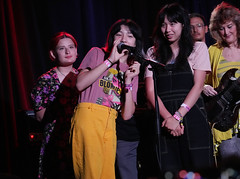


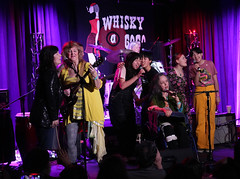
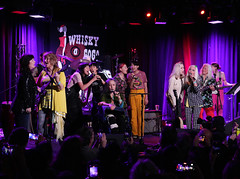

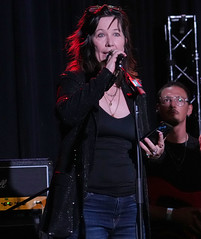
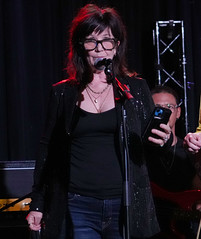
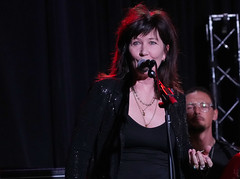

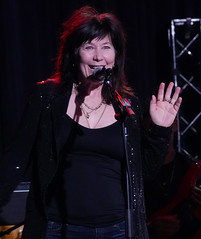
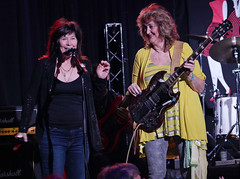

Pingback: Memoirs of a Superfan, Vol. 8.7: Dosa Hunt – Stay Hungry, CAAMFest! | CAAMFest 2013